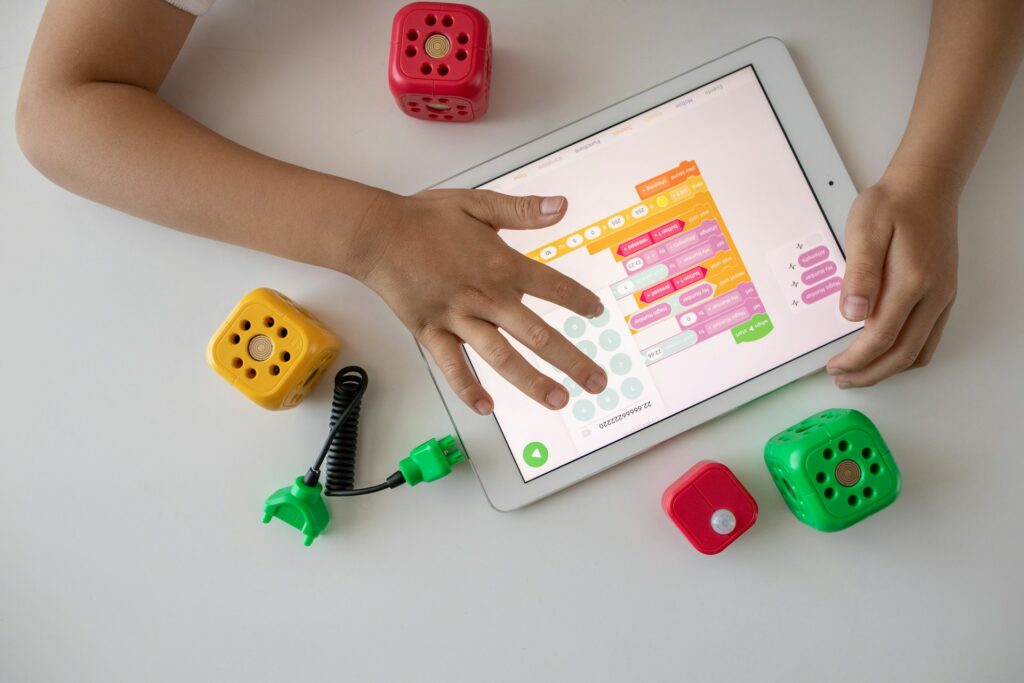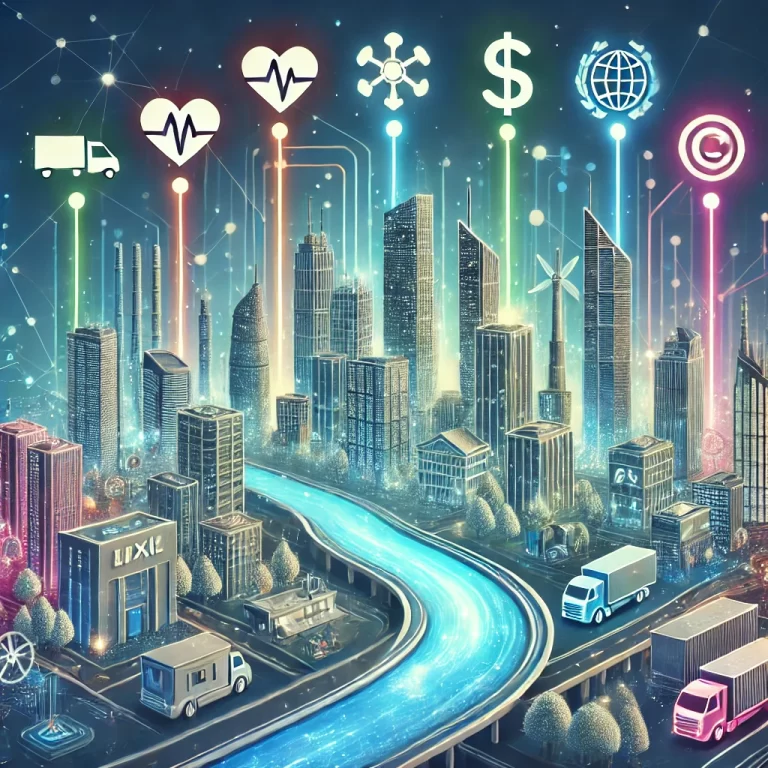Artificial Intelligence (AI) is reshaping the landscape of education, offering innovative solutions to enhance learning experiences. In this blog, we’ll explore the various ways AI is making a significant impact on education.
1. Personalized Learning: AI algorithms analyze students’ learning patterns and preferences, enabling the creation of personalized learning paths. This tailored approach caters to individual strengths and weaknesses, fostering a more effective and engaging learning experience.
2. Intelligent Tutoring Systems: AI-powered tutoring systems provide real-time feedback and support to students. These systems adapt to each learner’s pace and style, offering targeted assistance in areas where students may be struggling.
3. Automating Administrative Tasks: Educational institutions deal with extensive administrative tasks. AI streamlines these processes by automating tasks like grading, scheduling, and resource allocation. This allows educators to focus more on teaching and mentoring.
4. Virtual Classrooms and Remote Learning: Especially relevant in the current global landscape, AI contributes to the development of virtual classrooms and remote learning platforms. AI tools facilitate interactive and collaborative online sessions, providing a seamless transition to digital education.
5. Early Intervention for Learning Disabilities: AI applications can identify learning disabilities and developmental challenges in students at an early stage. This early intervention allows educators to implement targeted strategies to support students’ unique needs.
6. Gamification of Learning: Integrating elements of gamification into educational platforms enhances engagement and motivation. AI algorithms can adapt the level of difficulty based on a student’s progress, ensuring a challenging yet achievable learning experience.
7. Language Learning with AI: AI-driven language learning apps leverage natural language processing to enhance language acquisition. These apps provide interactive conversations, pronunciation feedback, and personalized exercises, making language learning more dynamic and effective.
8. Assessments and Adaptive Testing: AI enables the creation of adaptive assessments that adjust difficulty based on a student’s responses. This ensures a more accurate evaluation of a student’s knowledge and proficiency.
As AI continues to advance, its role in education is likely to expand, offering new possibilities for personalized, efficient, and inclusive learning experiences.



